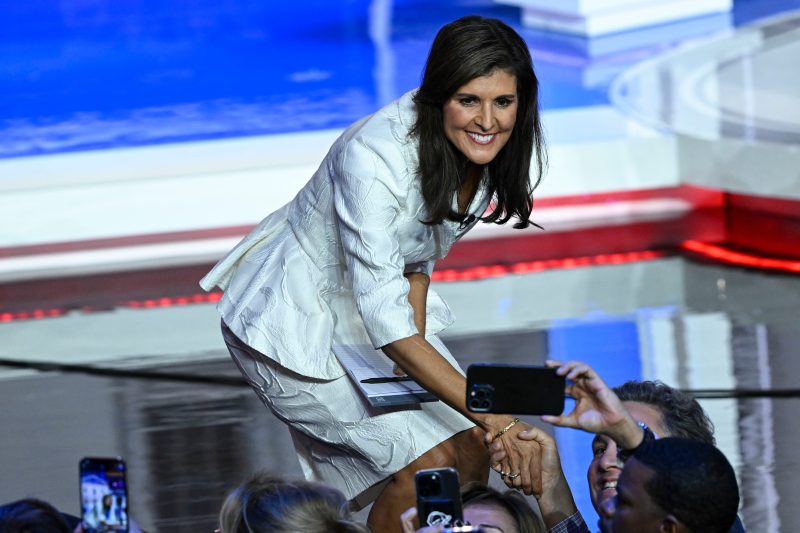The concentration of wealth between the ultra-rich and the rest of society has been increasing over the past decades, and this has caused a shift in political power as well. Wealthy individuals, families, and corporations have been increasingly gaining influence over the political process by using their financial resources to influence the electoral system, get their candidates elected, and shape public policy to their interests. But is this trend of economic elites controlling politics bad for democracy?
The first concern is that the wealthy are able to distort public policy in favor of their own interests, often at the expense of the majority of citizens. This is especially true when it comes to taxation, which can be adjusted to benefit the wealthiest at the expense of average citizens. Wealthy donors can also insulate politicians from popular opinion, allowing them to vote according to the will of their contributors, instead of their constituents.
Another issue is that the wealthy are able to have more of a say in the political process and their interests may not necessarily represent the public’s needs. For example, wealthy individuals and corporations have been able to influence legislation to make it more favorable for their businesses or to lower their tax burden. This can lead to public policies that are not in the best interests of citizens.
Finally, a large concentration of political power in the hands of a few wealthy individuals or organizations can lead to a sense of distrust and disillusionment in citizens. Without faith in the political system, it becomes harder for citizens to trust their leaders and the motivations behind their decisions. This lack of trust can lead to a destabilization of democracy and erode the public’s faith in the system.
In conclusion, while it is important to recognize the need for wealthy individuals and corporations to contribute to the public discourse, it is essential that the concentration of this political power is monitored and properly regulated to ensure it does not get out of hand. Fair regulations should ensure that the interests of the wealthy and the public are balanced, and that the political process can be used to benefit all citizens, regardless of their economic resources.





